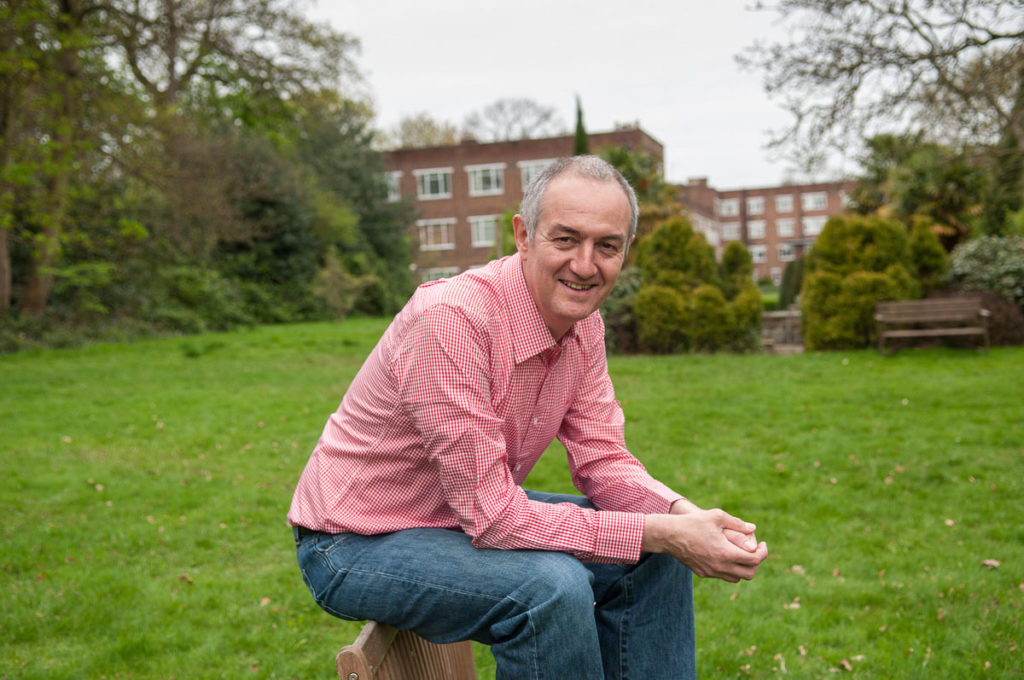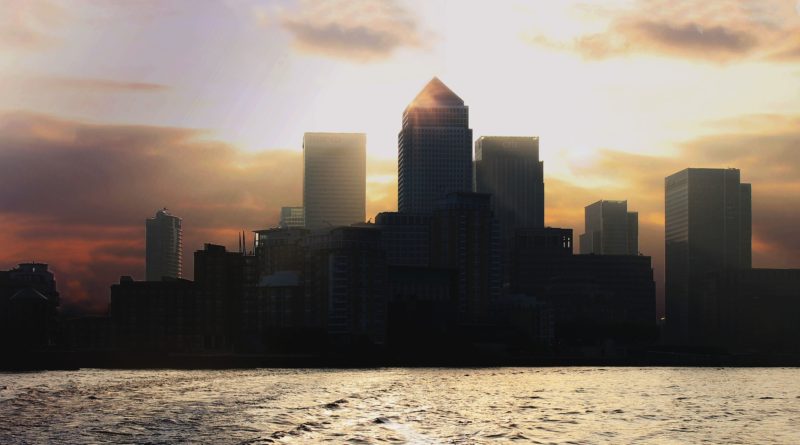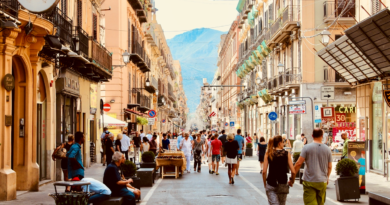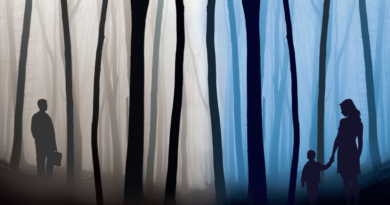French photographer vows to record Brexit history in video
What will we think of Brexit in 30 or 40 years? It is impossible to know, but as a start, we should remember what it was about. Such is the ambition of French photographer Lionel Derimais, who is recording the history of Brexit in video.
Originally from Paris, Lionel studied in New York and lived in Brussels, Tokyo, Beijing, and on and off in London, where he is currently based. In 1982, the first time he moved across the Channel, he photographed the area of Canary Wharf, the financial district in east London. “There was nothing there at the time. Now it’s all skyscrapers. When I look at these photos now, they seem old and dated. But they also show the fast pace at which the country has modernised,” he says. “In 1982 London was dark. There was a great atmosphere, though. The British eccentricity was more visible. Now there is a corporate approach to life, everything is determined by real estate interests and small quality shops that still thrive in other European cities have almost disappeared.”
A lot can be said through photography and Lionel’s favourite works, which he publishes in outlets such as the New York Times, Le Monde and El Pais, are those telling people’s stories and illustrating social life. This is also why, in October 2016, he started to film short video interviews asking people what they thought of Brexit. To date, he has collected 45 interviews, all published on the website “Brexit Video“. A simple setting, always the same questions, the idea is to deliver the memory of these times to history.
“We are living through a historical moment and I thought that should be recorded,” he explains. “Everyone talks about Brexit and everyone is bored about Brexit, but I think, like the pictures of Canary Wharf 30 years ago, we will be happy to watch these videos in 30 years time. They will look old and dated. What will ‘take back control’ mean in 30 years? Probably nothing. The point is that we tend to forget. In fact, we are already forgetting.”
There is no particular criteria to select interviewees, he says, and the choice often depends on opportunity or casual encouters. “There are only 17 women out of 45 interviewees, and only few interviewees from outside London,” he says. “I am looking to re-balance that. I want to do as many interviews as I can and hope to exhibit them one day.”
Lionel has been trying to interview people who voted to remain or to leave the European Union in equal numbers. “But those who voted leave do not want to speak,” he adds. “On the other hand, Brexiteers who do speak out are the only persons who seem hopeful about the future. Interviewees are asked to describe in one word how they feel about Brexit and the answer is almost always different. Most feelings are negative: upset, muddled, betrayed, sad, absurd, apprehensive are some examples. Only people who voted for Brexit are positive, because they believe it will be great in 20 or 30 years, hope is on their side.”

Although there is no video recording, we have asked Lionel to answer the same questions he asks in his interviews.
What were your feelings on Brexit day?
I was stunned. I was in Paris that morning with my Irish girlfriend, who had joined me in France after voting. When I switched on the French TV, for the first thirty seconds I thought I did not understand. Then they showed the newspapers and it was clear.
What did you think when the referendum was called? Did you foresee the result?
I did not anticipate the result. Just shortly before the vote, I worked on some stories for French newspapers outside London and we could see that everyone was voting to leave. The writing was on the wall.
Has this situation changed the image of the UK?
When you think of all British people looking to get EU passports or moving to France, you can see this is a huge blow to a certain image of England. One thing that I loved about England was the sense of trust that everyone had in each other. For example, to prove his identity to a ‘bobby’, a friend of mine showed a letter he had in the pockets from that morning. In France you’d need an ID. There was this atmosphere of trust and freedom that I never really felt in France. In France trust in each other was destroyed by the war, as many people were prepared to work with the Nazis. I am afraid Brexit will have a similar long-lasting effect and the loss of trust will be one of its biggest impacts in society.
Has Brexit caused any changes to your life?
Yes, as a photographer I have a lot less work. England, or at least London, used to be in international news every day. It was about fashion, sports, lifestyle, finance, politics… Now it is no longer in the news every day and if it is, it’s all about Brexit.
Do you have a personal story to share regarding Brexit?
I was interviewing the Dutch husband of a British friend and she was waiting from distance with their dog. We were by the sea, in Hampshire. An English couple came by and asked her what we were doing. She told them it was an interview about Brexit. He said: “Good, let’s get rid of those f***g foreigners!” Besides the accident itself, these events make you think of kids who grow up now, and their first memories will be about Brexit.
What is the word that best describes how you feel?
Hopeful. I hope even though Brexit is happening, it might help us improve. I have no idea what, and when I see populist trends in Europe, like in Italy these days, I think it might get worse before it gets better.
Claudia Delpero © all rights reserved
Photo courtesy Pixabay (top of the page) and Amy Derimais (photo in article).





